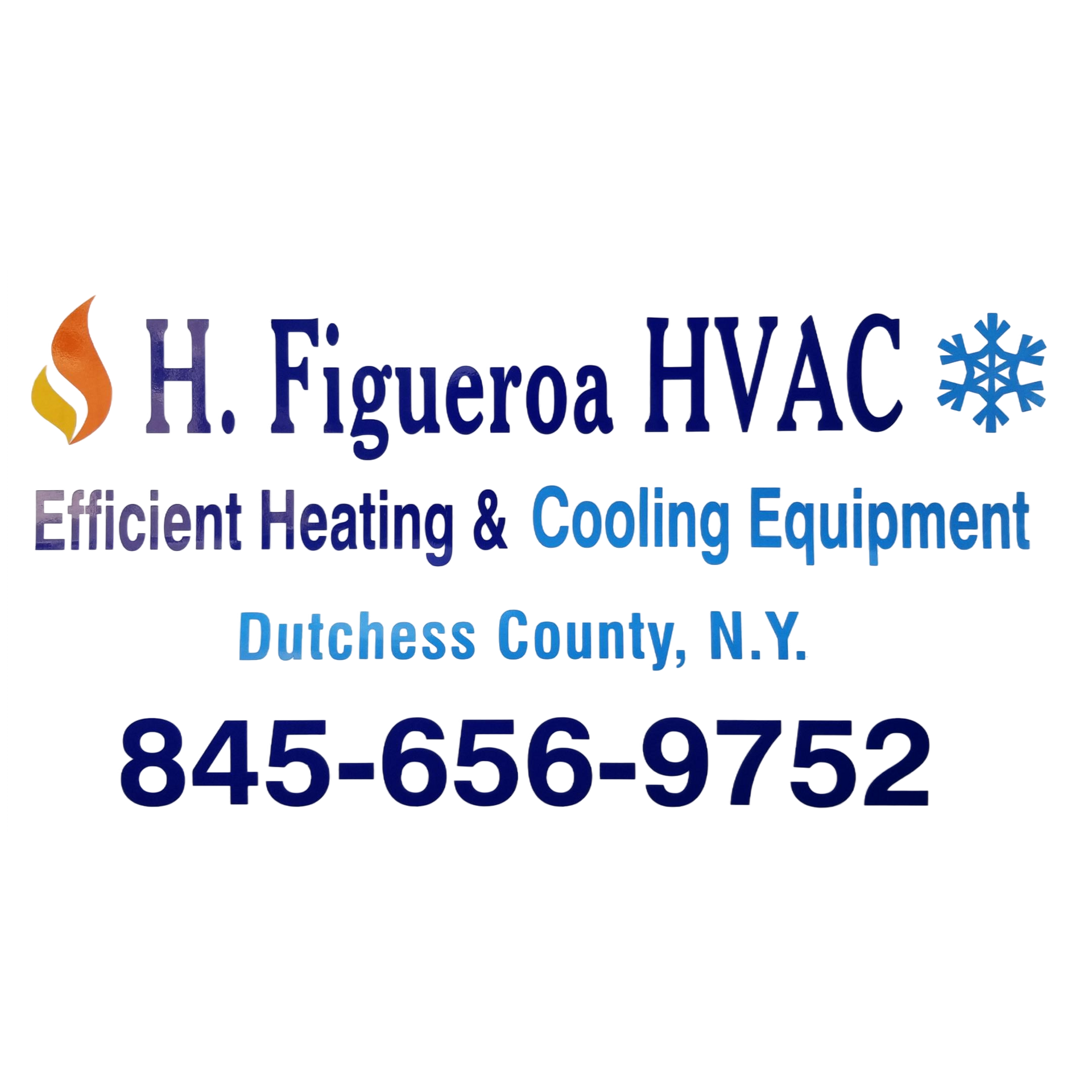Hot Water Heater Repair
Expert Hot Water Heater Repair Services in Poughkeepsie, NY.
With a well-established reputation and years of experience in the industry, H. Figueroa HVAC is your go-to company for all your hot water repair needs. Whether you're dealing with an electric or gas water heater issue, our skilled technicians are well-equipped to handle repairs for all makes and models. Serving customers in the Poughkeepsie, NY and Hudson Valley region, we take pride in providing efficient and reliable hot water heater repair services that you can trust. Rest assured that our knowledgeable team will diagnose and fix your hot water heater problems promptly and effectively to ensure your continued comfort and convenience.
The Benefits of Professional Water Heater Repair
IFor many homeowners, the water heater is a vital component of daily living, serving essential functions in cooking, cleaning, and bathing. When the water heater malfunctions, it can disrupt daily routines and cause inconvenience. Seeking professional water heater repair services in Poughkeepsie, NY is crucial to maintaining the optimal performance of your water heater, ensuring its efficiency and reliability.
Engaging in water heater repair in Poughkeepsie can yield cost-saving benefits on your monthly utility expenses. A properly functioning water heater operates more efficiently, reducing energy consumption and consequently lowering costs. Furthermore, timely repairs can prolong the lifespan of your water heater, mitigating the need for premature replacement and saving you expenses in the long run.
Signs Your Hot Water Heater Needs Repairing
Here are some common signs that may indicate your water heater is in need of repair or maintenance:
Lack of Hot Water: If your water heater is not producing hot water or if the hot water runs out quickly, it could indicate various issues such as a malfunctioning heating element, a faulty thermostat, sediment buildup, or a broken dip tube.
Fluctuating Water Temperature: Inconsistent water temperature, where the water goes from hot to cold or vice versa, can be a sign of a malfunctioning thermostat, heating element, or sediment buildup in the tank.
Strange Noises: Unusual noises coming from your water heater, such as popping, banging, hissing, or rumbling sounds, could indicate sediment buildup, mineral deposits, or problems with the heating element or the tank itself.
Leaking Tank: If you notice water pooling around the base of your water heater or signs of corrosion or rust on the tank, it could indicate a leak. Leaks can occur due to corrosion, loose fittings, or a damaged tank, and they should be addressed promptly to prevent further damage.
Discolored or Rusty Water: If the water coming out of your taps is discolored, rusty, or has a metallic taste or odor, it could indicate corrosion inside the water heater tank. Rusty water may also be a sign of deteriorating anode rods or other internal components.
Visible Signs of Damage: Inspect your water heater for any visible signs of damage, such as cracks, dents, or bulges in the tank. These issues can indicate structural problems or weaknesses that may lead to leaks or other issues.
Sudden Increase in Energy Bills: A sudden spike in your energy bills without a corresponding increase in usage could indicate that your water heater is operating inefficiently due to a malfunction or issue. This inefficiency could be caused by problems such as sediment buildup, faulty heating elements, or insulation issues.
Old Age: Water heaters typically have a lifespan of around 8-12 years, depending on the type and maintenance. If your water heater is nearing or exceeding this age range and experiencing frequent issues, it may be time to consider replacing it with a newer, more efficient model rather than continuing to repair an aging unit.
Preventative Hot Water Heater Maintenance Tips
Our team is dedicated to providing solutions for any issues you may encounter. However, you can proactively minimize the likelihood of requiring water heater repair in San Jose by implementing the following recommendations:
Regular Flushing: Ensure sediment buildup is prevented by scheduling routine flushing. It is advisable to entrust this task to a professional well-versed in the process, capable of identifying any potential concerns.
Temperature Setting Guidance: Optimal safety and efficiency are achieved by setting the water heater temperature to approximately 120℉. The default setting of 140℉ can pose a scalding risk. Adjusting the temperature below 120℉ may increase the presence of bacteria.
Timely Leak Detection: Early detection and repair of leaks are essential in preventing water damage, mold growth, and excessive water expenses. Contact our team promptly if you observe water leakage from the water heater, damp spots or discoloration on walls or ceilings, or unexplained spikes in water consumption.
We are here to assist you with any further inquiries or assistance you may require.
Schedule a Free Estimate!
Fill in the form below and we'll be in touch to tell you as soon as possible for your HVAC needs.
Contact Us
We will get back to you as soon as possible
Please try again later







